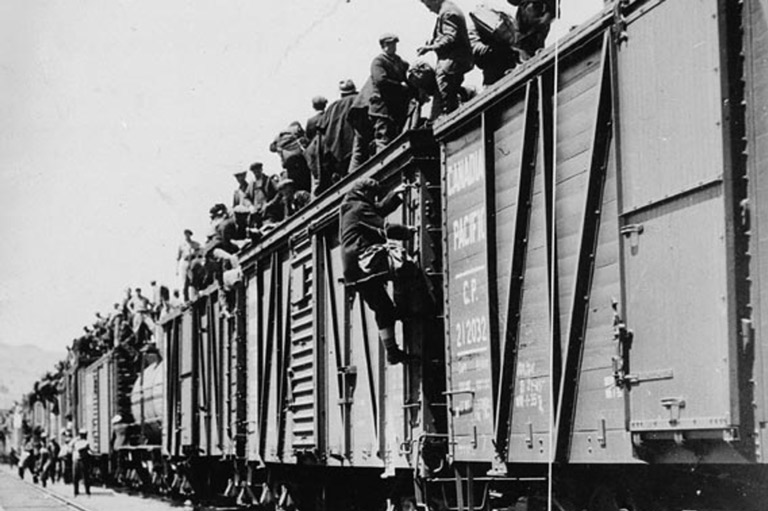AI Overview
Adam Ferguson strongly supported the idea of a citizen militia, believing it was crucial for both military strength and the virtue of citizens. He argued that a citizen militia, where individuals participate in defending their nation, fostered civic engagement and a sense of shared responsibility. While acknowledging the potential military superiority of professional armies, he maintained that a citizen militia instilled valuable qualities like courage, discipline, and public spirit, which were essential for a thriving society.
Here's a more detailed look at Ferguson's views:
- Military Effectiveness:
Ferguson believed that a well-trained and organized citizen militia could be a formidable force, capable of defending the nation.
- Citizen Virtue:
He argued that participation in a militia cultivated virtues like courage, discipline, and a sense of public duty among citizens.
- Counterpoint to Professional Armies:
While recognizing the strengths of professional armies, Ferguson saw them as potentially detached from the citizenry and lacking the civic virtues fostered by a militia.
- The "Poker Club":
Ferguson was a key figure in "The Poker Club," a discussion society that actively promoted the idea of a citizen militia, particularly in the context of perceived threats from France and the Jacobite cause.
- Influence on Adam Smith:
While Smith generally agreed with Ferguson on many points, he disagreed on the importance of a citizen militia, believing it would be ineffective against a modern professional army.
- Context of the Scottish Enlightenment:
Ferguson's views on the militia were part of the broader intellectual landscape of the Scottish Enlightenment, where thinkers were grappling with issues of national identity, civic virtue, and the role of the state.






